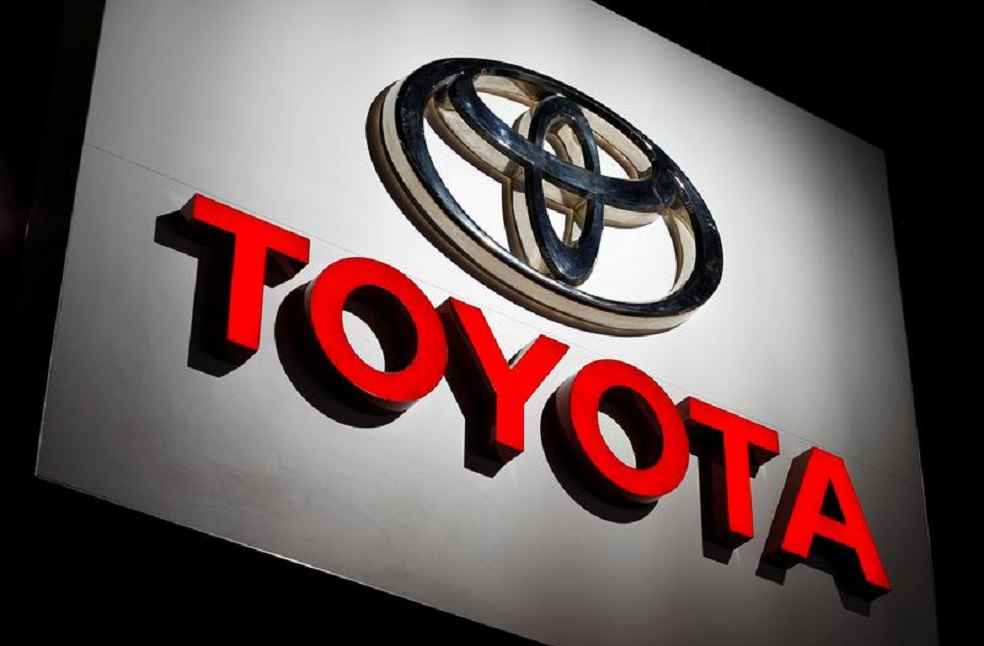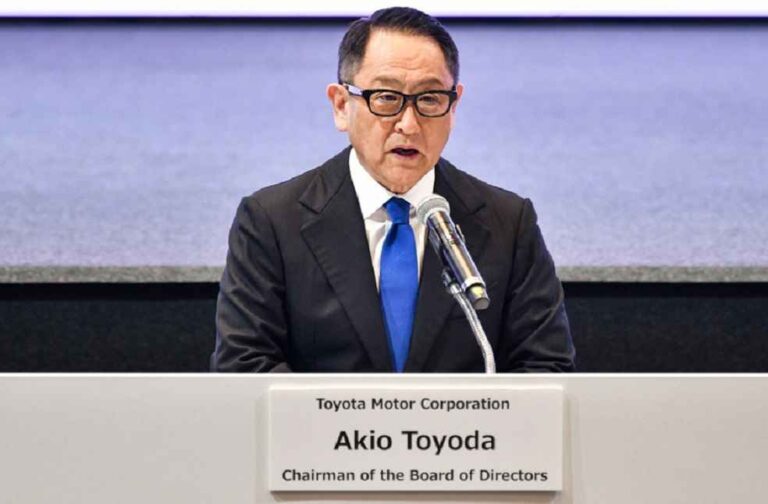At a pivotal company assembly in Japan, Akio Toyoda, the chairman of Toyota, delivered a thought-provoking forecast regarding the automotive industry’s trajectory. Contrary to prevailing industry trends, Toyoda anticipates electric vehicles (EVs) will not surpass 30% of the global car market.
As reported by the Toyota Times, Toyoda’s vision diverges from a pure EV focus. Instead, Toyota’s strategy encompasses a spectrum of powertrain technologies: hybrids, fuel-cell electric vehicles (FCEVs), alongside traditional gasoline, diesel, and hydrogen-powered engines.

This multi-faceted approach stems from a keen awareness of global energy disparities. An estimated one billion people globally lack electricity access, many within Toyota’s sales regions. This fact underpins Toyota’s decision against an exclusive shift to EVs, a stance that contrasts markedly with other manufacturers’ all-electric commitments, stirring media debate.
Central to Toyoda’s argument is the fight against carbon emissions, prioritizing this over a wholesale transition to BEVs or FCEVs. He posits that BEVs will likely achieve a mere 30% market share, leaving the majority to hybrids, FCEVs, and combustion engines.

Toyoda’s perspective champions a distinct Japanese methodology, advocating originality over Western emulation. He trusts market and consumer preferences to dictate the industry’s evolution, asserting Toyota’s varied approach will meet a wide array of consumer needs.
Toyota’s roadmap for the automotive future exhibits a blend of innovation and pragmatism, tailored to diverse global requirements. This strategy signifies a sophisticated understanding of the automotive sector’s dynamic nature and the heterogeneous demands of drivers worldwide.
DON’T MISS | UK Auto Sector at Risk in EV Era, Aston Study Urges Strategic Shift





